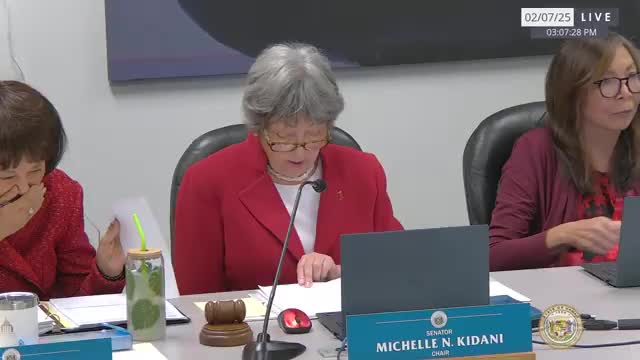Article not found
This article is no longer available. But don't worry—we've gathered other articles that discuss the same topic.
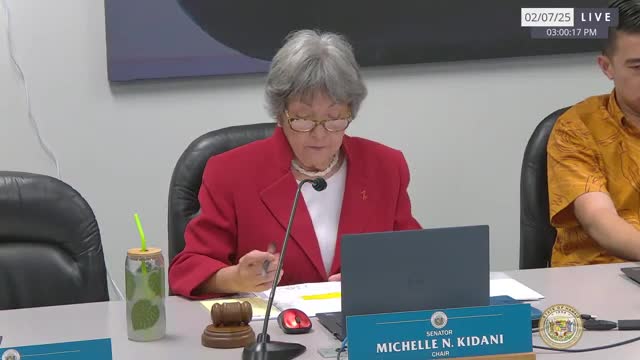
Committees schedule and pass measure authorizing high-school diplomas for veterans with interrupted schooling
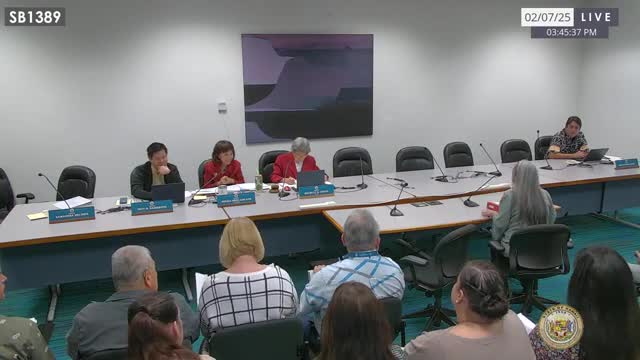
Measure to expand therapists’ authority for DOE services fails after lawmakers and professional groups raise concerns
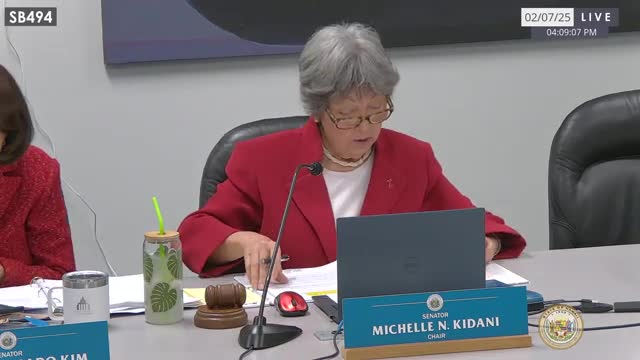
Committee backs audit bill for charter schools; commission says annual audits already occur
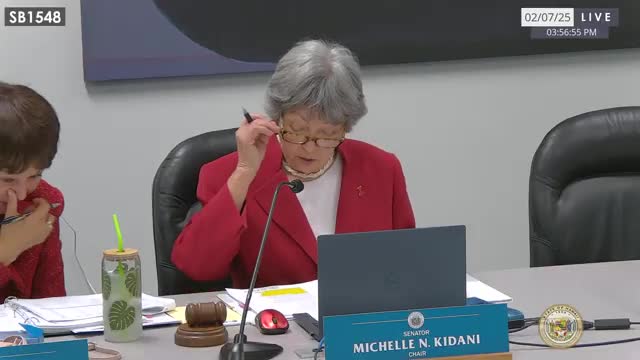
Committee defers bill aimed at easing procurement rules for local school foods while work continues
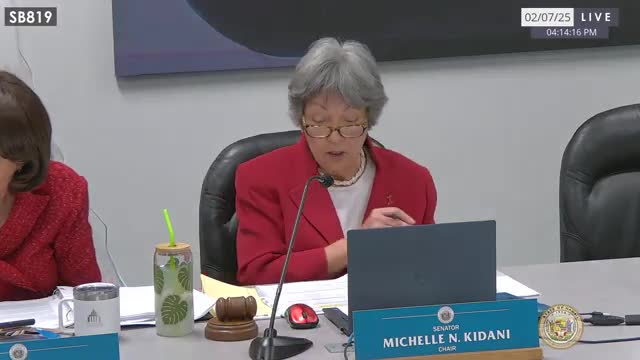
Committee approves international teacher license for certain visa holders after testimony on standards and exams
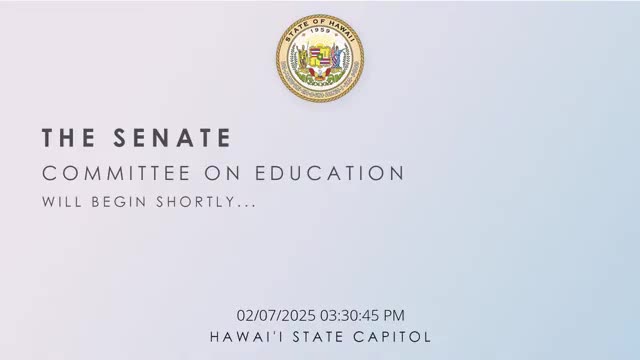
Committee backs statewide dyslexia-sensitive screening, estimates $750,000 annual cost
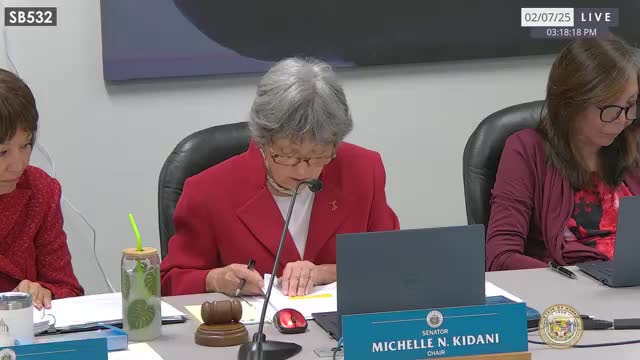
Committees approve bill allowing trained volunteers to administer student medications with clarified prescriber language
